Small and medium-sized businesses make up 99 percent of Denmark’s businesses, but are hardly represented at universities
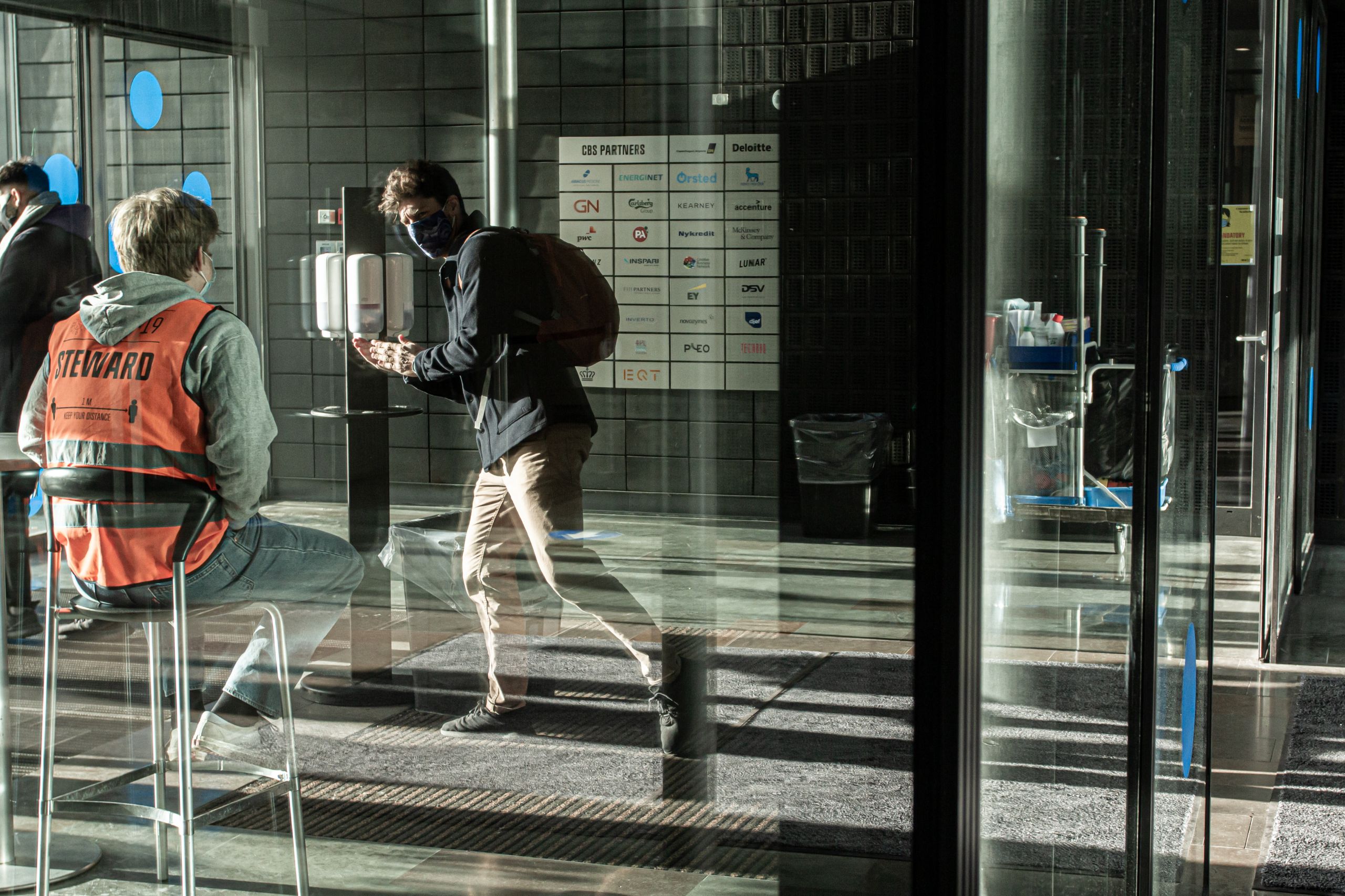
(Photo: Anna Holte)
SMEs have a hard time finding their way into universities and higher educations. Each could benefit from teaming up, surveys show. A new EU project that includes CBS aims to exploit new ways of collaborating.
Take a stroll down the hallway at Solbjerg Plads and you will see auditoriums dedicated to Velux, Maersk, Coloplast and Novo Nordisk. All huge, Danish companies who are represented not only at career fairs, but also in teaching cases and research projects.
However, the big businesses are not what constitute the backbone of the Danish economy only. According to the Confederation of Danish Industry, about 99 percent of Danish businesses belong to the segment called small and medium sized businesses (SMEs). There are roughly 300,000 of them.
“CBS has 56 partner companies, and 14 of them are SMEs. The SMEs are still unexploited territory and we can learn a lot from each other, really. More students need to see their future careers in SMEs, and the SMEs can gain knowledge from us,” says Marie Bach Michaelsen, Relations Manager at CBS.
It’s important and relevant for the students to study the cases and challenges that SMEs face
Marie Bach Michaelsen
She is the project manager for Øresund Match, a new project, which accompanied by CBS, Cphbusiness and DTU in collaboration with Copenhagen Business Hub (Erhvervshus Hovedstaden) will explore ways of bridging the gap between the SMBs and the knowledge institutions. (See fact box)
The aim is to find a way for the SMEs to gain access to the knowledge that the different institutions hold, as well as making the SMEs an integrated part of teaching and research at the institutions. The same project is being run just across the Sound in Sweden, where partners will try to connect the dots and share experiences later on in the two-year project.
“What makes the SMEs interesting for the students is that we are getting more and more graduates in Denmark, and naturally they will have to find jobs in SMEs, as the big companies cannot hire them all. On the other hand, researchers might be interested in testing hypotheses, as well as turning their knowledge into practice through the SMEs,” says Morten Solgaard Thomsen.
He works at REG LAB, a non-profit organization that works to strengthen knowledge, competences and networks within regional business development, and is the overall project leader of the Øresund Match project.
Prior to the project, REG LAB analyzed the knowledge gap between SMEs and knowledge institutions, which showed that both were interested in a closer relationship.
“The SMEs, just like the bigger companies, are interested in gaining new knowledge and advancing their businesses. They can get that knowledge from the students, who can see the businesses in a new light, or from the researchers, who can provide new knowledge,” he continues.
Where are the SMEs?
Marie Bach Michaelsen explains that the bigger businesses have employees working solely on their collaborations and connections with the knowledge institutions around Denmark, whereas the smaller or medium-sized businesses cannot do the same. But this does not make them less relevant.
“The SMEs are among the most innovative businesses and are promoting growth, so it’s important and relevant for the students to study the cases and challenges that SMEs face. If the students are not capable of reflecting on these challenges or haven’t even met SMEs in teaching, it will be difficult for them to mirror their competences in job opportunities at SMEs,” she says.
It may seem rather strange that the kind of companies that comprise the majority of Denmark’s business sector are not well-represented at CBS – or other universities and knowledge institutions for that matter. Marie Bach Michaelsen has an idea why.
“Maybe it has something to do with tradition? The person you are collaborating with and what you want to signal through the collaborations? And then I think it’s a matter of mindset. The consultancies are on top of most CBS students’ wishlist when it comes to jobs, so there’s a certain idea of what you can do with your degree from CBS that might also need to change,” she says.
The goal of the two-year project, which ends in September 2022, is to have set up a structure on how SMEs and knowledge institutions can communicate and collaborate. But more specifically, Marie Bach Michaelsen wants to see at least 40 different collaborations established across the three knowledge institutions during the project term, and hopefully it will boost SMEs’ representation at CBS.
“When we started having growth partnerships at CBS, we put SMEs on the agenda. Currently, we have 14 partners, but that’s not enough, so hopefully, this project will kickstart initiatives that can bring the SMEs further into CBS. Through research, through teaching cases, internships, project collaborations, career events and so on,” she says.



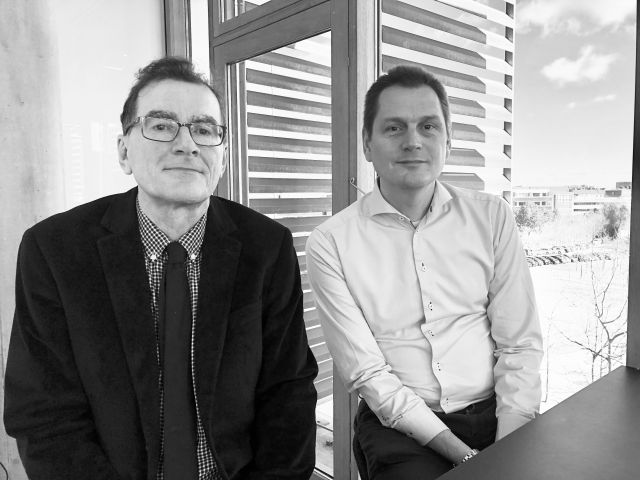
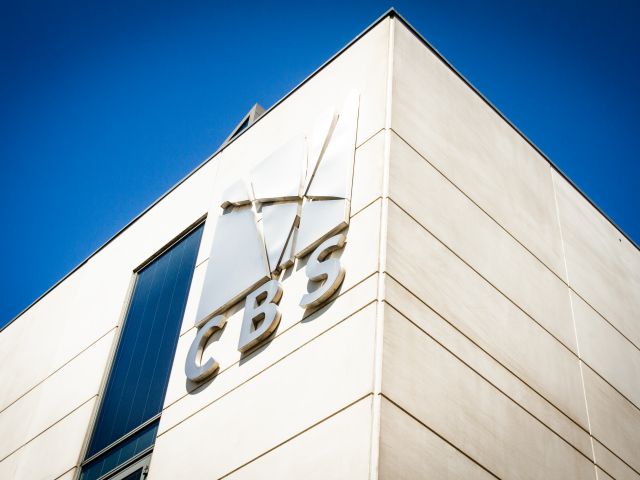
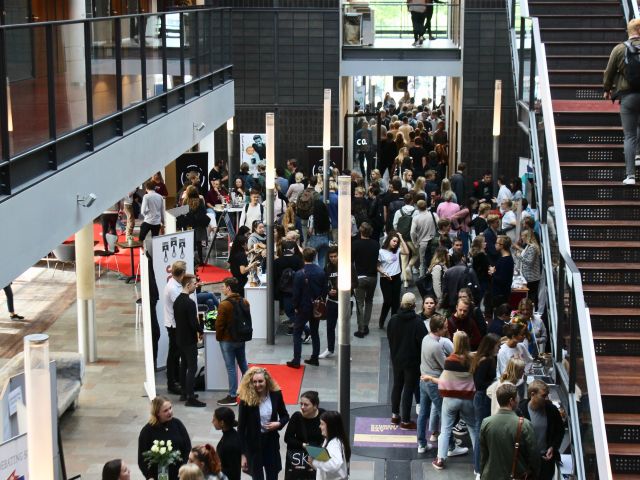
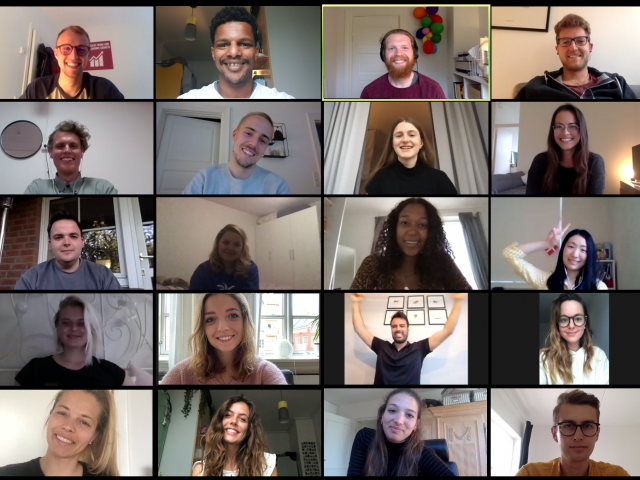
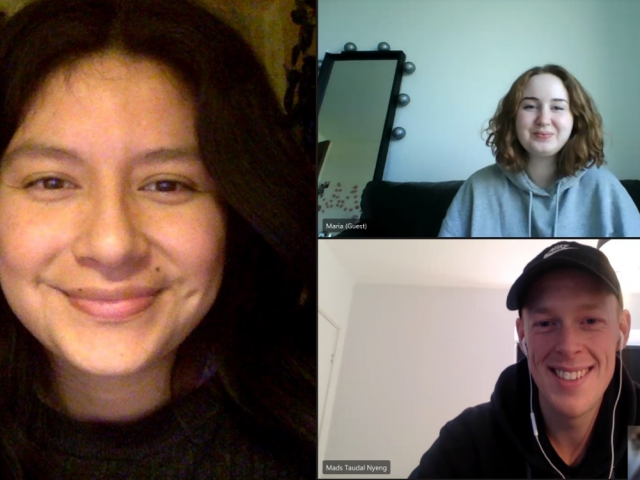
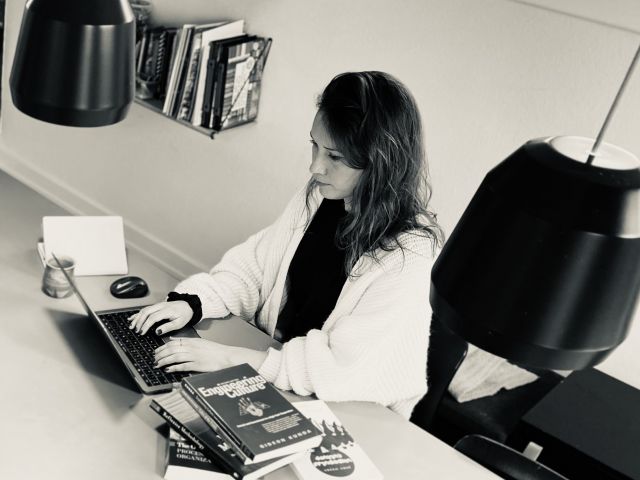




























































































































Comments